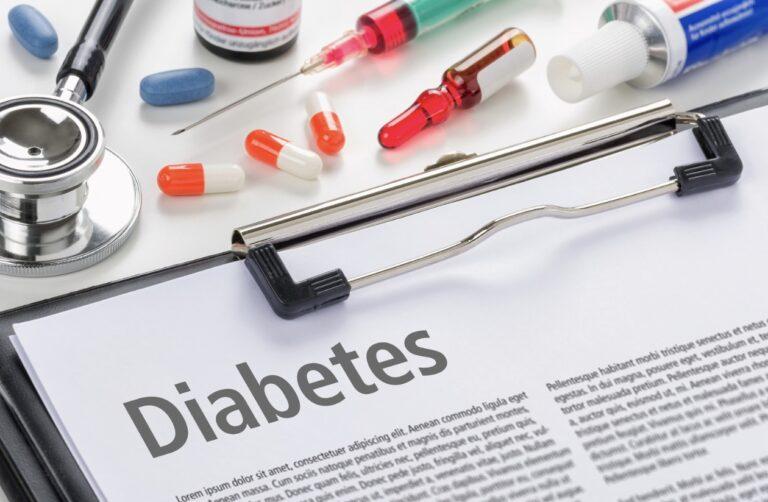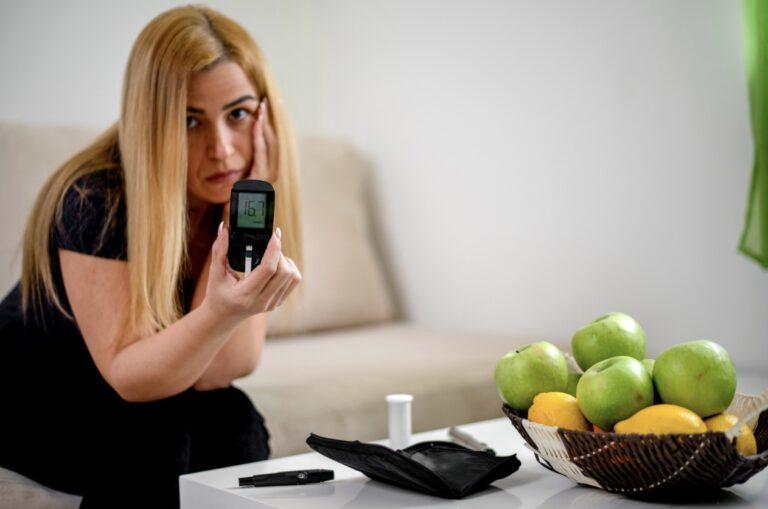I used to hate exercising but not for the reasons you would think.
Getting up early and dragging yourself to the gym, sore muscles and hard work. All extremely valid reasons for having a difficult relationship with exercise. But for me, a person living with type 1 diabetes, unfortunately, it’s deeper than that.
Acknowledging the extra things I have to worry about
Living with type 1 diabetes mellitus means things that should be simple can be challenging. Even walking to the corner shop can come with difficulties: checking my blood glucose levels before I go, worrying if I have enough hypo treatments (for low blood sugar levels, small carbohydrate snacks like jelly babies or juice) on me in case I go low or if I have my medical alert wristband on. So you can imagine how challenging it is going to the gym, for a swim, on a run, to a BootCamp, a boxing class or any form of physical activity.
There are always those extra things to worry about in the back of my mind. Not only the logistics of having all my diabetic equipment on me but thinking about whether I need to snack beforehand. When was my last insulin dose injection? Do I have active insulin on board? What type of activity will I be doing and how will it affect my blood glucose levels?
But here’s where it becomes even more conflicting: regular physical activity is a key part of my life in helping maintain stable blood glucose readings. It increases my insulin sensitivity and overall health benefits such as body weight loss, reducing risk of obesity, heart disease, high blood pressure and high cholesterol. Even a few days without exercise can have an effect on my diabetes care and diabetes management. I need to exercise to help me with my diabetes, but my condition can also be the thing holding me back from exercise.
Dealing with the anxiety around my diabetes and exercising
Taking all of this into consideration, my relationship with exercise and type 1 diabetes for some time was, to an extent, tainted. Even as an adolescent I saw it as a huge challenge and a chore at the same time and wanted this to change. So I decided one day to make that change. It wasn’t easy and it didn’t happen overnight. One of the main things that tainted my relationship with high intensity exercise was the anxiety surrounding it. I tackled this by finding different types of exercise or sports where I could really get stuck in and let my diabetic worries go (as much as possible).
One of these is running, a moderate-intensity aerobic exercise. I knew that as long as I had my phone, my hypoglycemia treatments and my blood glucose testing device on me, I would be able to treat a diabetic emergency or call a family member for support. I started to believe that even if something did happen when I was out for a run, I could handle it. As a result, I became far more confident in myself.
The importance of a routine
Another vital trick to me now is routine, specifically finding one that works for me*
- I decide to exercise within certain time frames when I know that I have 0 to very little active insulin on board. This being early evening or late afternoon
- I make sure that my last meal beforehand is balanced. I often have a small low-carb protein shake before I hit the gym or half a banana before a long run, for example
This routine in addition to consistency eased my anxiety immensely. I eradicated the fear of dropping low or going high as I planned in advance and knew this same method worked to keep glycemic control. This meant that I was so much happier and relaxed during my workouts and had more time to ‘switch off’ from diabetes and improve my mental health.
I also found that doing group sports with other people really helped my mental and emotional well-being. I mostly go swimming and to the gym but I also like different activities such as tennis and football. And the best way for me to really enjoy these was to share my needs with others.
For football, normally played in the mornings, I would jump off the pitch at intervals for glucose monitoring of my levels. Instead of seeing this as a pain or something that’s holding the game up, I accepted that it is something I must do in order to take care of myself. I always let the coaches and teammates know about my condition too and everyone is continuously understanding and supportive. Why wouldn’t they be? The players always ask questions which makes me feel so calm and included too.
It really was a mixture of things that helped me have a better relationship with exercise, type one diabetes and improve my quality of life. These being:
- Reducing my anxiety
- Creating routine
- Sharing my needs with those around me
I hope my story inspires you to explore things you really want to do even if you feel like type one diabetes may be holding you back, whether it is exercise or something else.
* Disclaimer: what works for me won’t always work for everyone and that’s OK!
Medical Disclaimer
NowPatient has taken all reasonable steps to ensure that all material is factually accurate, complete, and current. However, the knowledge and experience of a qualified healthcare professional should always be sought after instead of using the information on this page. Before taking any drug, you should always speak to your doctor or another qualified healthcare provider.
The information provided here about medications is subject to change and is not meant to include all uses, precautions, warnings, directions, drug interactions, allergic reactions, or negative effects. The absence of warnings or other information for a particular medication does not imply that the medication or medication combination is appropriate for all patients or for all possible purposes.









